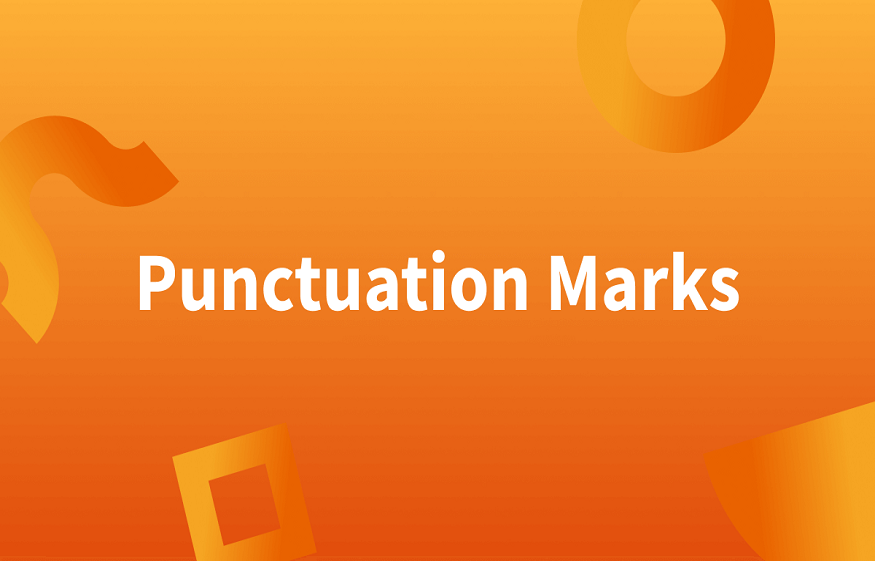Can you imagine how you would convey something if there were no grammar rules? How important is it to learn the grammar of a language? What do you think? Should you know it at all? Is it enough to just learn words and use them however you want? Will it still make sense? Let us find out from this article the importance of grammar and how and why you need to familiarise yourself with it.
When you start learning the English language, in addition to letters, words, phrases and clauses, you will be taught the concepts of English grammar. When forming a sentence, you will need connectors such as prepositions and conjunctions, nouns, verbs in their respective forms, adjectives and adverbs. You cannot simply put them in any order; it would make no sense. Grammatical rules exist for this reason. According to the tense, voice, number and mood, verbs in the sentence take different forms. The spelling of nouns changes based on their number (singular or plural). Adverbs can be placed at different positions in the sentence with reference to what is emphasised. Adjectives are often positioned immediately after the verb, and in some cases, after the adverb that qualifies the adjective.
Usage of other grammatical components like idioms, figures of speech, various types of phrases and clauses also has a list of rules that you need to apply. Apart from all these, there are multiple types of sentences. It is always recommended that you use varying sentence structures and sentence types when you write detailed, informative articles so that it does not look or sound monotonous.
Whatever the type of sentence you are writing, you will have to punctuate it accordingly. Do you think an exclamatory sentence without an exclamation mark or a question without a question mark would look right? No, it wouldn’t. Assertive/declarative and imperative sentences have to end with a full stop, just like an exclamatory sentence should have an exclamation mark either after the interjection or at the end of the sentence, and an interrogative sentence should have a question mark at the end. Other types of sentences, such as simple, compound, complex and complex-compound sentences, use commas and semicolons to separate the main and subordinate clauses. The only common rule for sentences is that they should start with a capital letter.
Let us go through some sentences to understand how all of these work.
- Haritha is a teacher. (Declarative sentence)
- Where is the nearest hospital? (Interrogative sentence)
- Carry all your documents for verification. (Imperative sentence)
- Oh, what a beautiful movie! (Exclamatory sentence)
Here are some simple, compound, complex and complex-compound sentences for your reference.
- It hasn’t rained for two weeks. (Simple sentence)
- The water in the rivers has drained as it has not rained for almost six months. (Complex sentence)
- It has not rained for over six months, and so the water in the rivers has drained. (Compound sentence)
- As it has not rained for over six months, the water in the rivers has drained, and all people living in the area are facing a shortage of water. (Complex-compound sentence)

